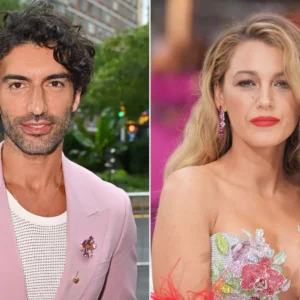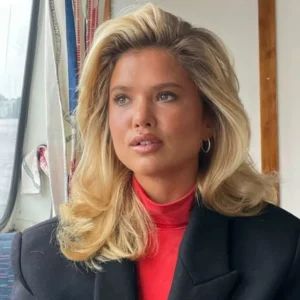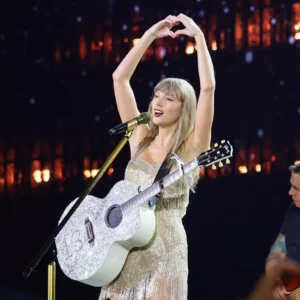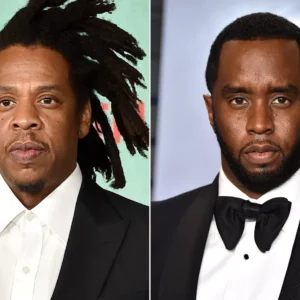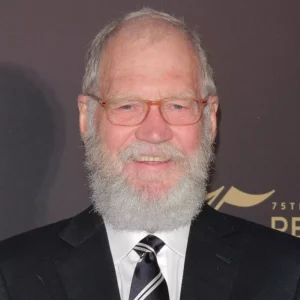In a highly anticipated episode of the Call Her Daddy podcast, vice president Kamala Harris sat down with host Alex Cooper to talk about issues facing America
The Vice President of the United States, Kamala Harris, appeared on Call Her Daddy.
While the episode has been teased for a few days, the podcast episode dropped on Spotify on Sunday. Podcast host Alex Cooper spoke with the 2024 presidential candidate about reproductive rights, her plans if elected, and about her opponent Donald Trump.
Besides policies and politics, Alex asked Kamala about how she deals with negative thoughts and those who don’t believe in her. “When people tell you no, when people look at you and doubt you, what does that ignite in you?” she asked the Vice President.
“So, I have been told that many times,” Kamala responded, “And through the course of my career, I’ve been told you know, at one point, ‘You’re too young.’ I’ve been told, ‘No one like you has ever done that before, oh they’re not ready for you,’ Oh and this is the one that kills me, ‘It’s going to be a lot of hard work.’ Right, as though we don’t like hard work.”

Kamala had a message for the Daddy Gang ( Image: AFP via Getty Images)
The Vice President then gave her four word response to those who doubt her: “I don’t hear no.” She repeated: “I don’t hear no. And I urge all of the daddy gang, don’t hear no. Just don’t hear it.”
Many fans of Call Her Daddy were shocked to hear that Kamala would appear on the podcast. Alex is known for discussing raunchy sex stories and dating advice with her guests.
But this time, the tone of the podcast was less flirty and more focused on the issues facing America right now. With the election coming up next month, Kamala discussed her thoughts on various pressing issues like reproductive rights.
“On public policy I often tell my team, look, I don’t want to hear about public policy, it’s a fancy kind of speech or paper. Tell me how it will affect a real person,” Kamala said, “So let’s talk about how it will affect a real person. The majority of women who receive abortion care are mothers.”
“The government shouldn’t be telling her what to do,” she continued, “If she chooses, she’ll talk to her priest, her pastor, her rabbi, her imam, but not the government telling you what to do and that’s what is so outrageous about it. A bunch of these guys up in these state capitals are writing these decisions because they somehow have decided that they are in a better position to tell you what’s in your best interest than you are to know what’s in your own best interest. It’s outrageous.”
